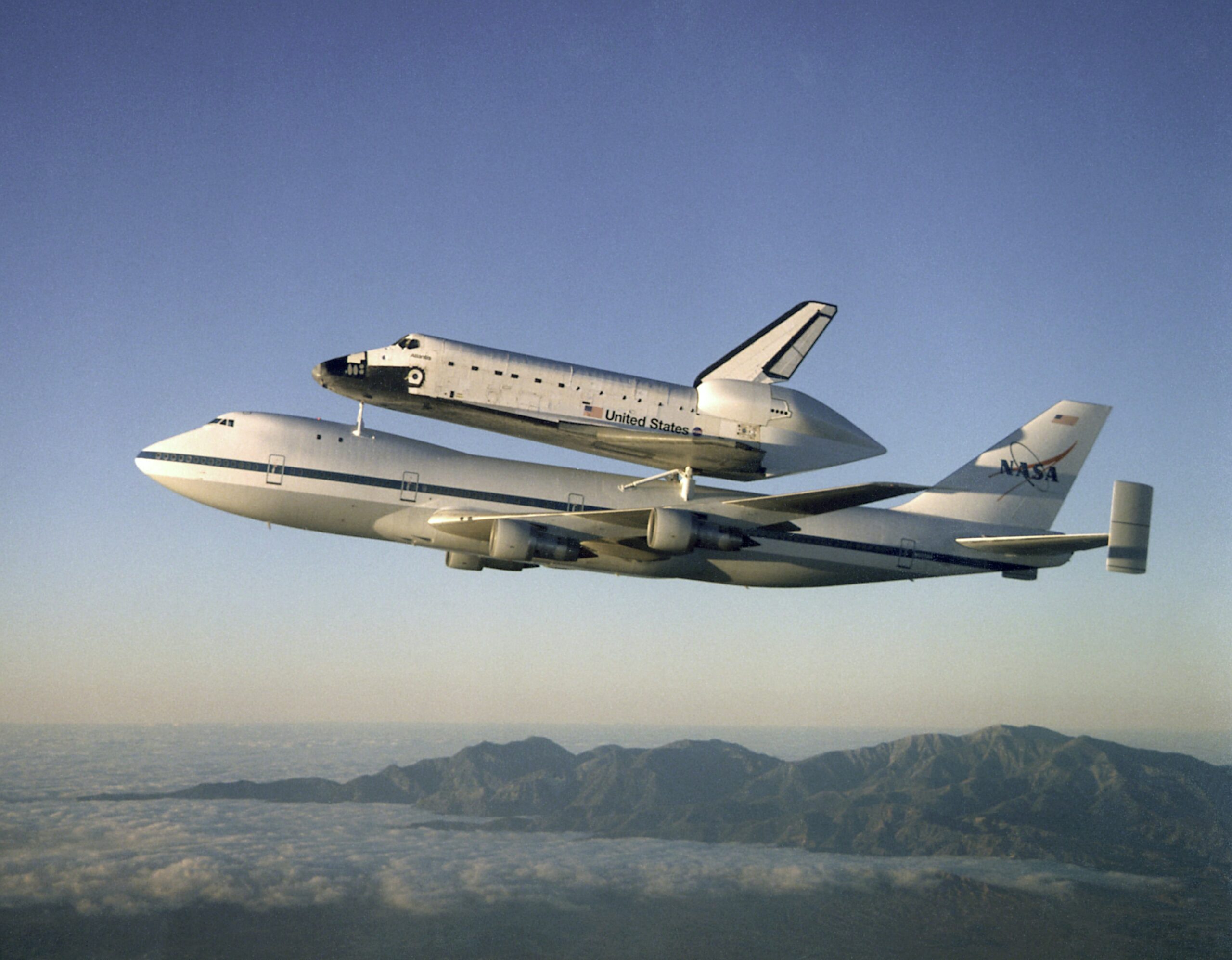From the first manned flight at Kittyhawk in 1903 until Neil Armstrong walked on the moon in 1969 was a mere 66 years. The progress in aviation from zero to manned rockets to the moon, and beyond to the era of reusable space shuttles was nothing short of remarkable.
I was recently South Africa, the country of my birth, and I saw something today that triggered a memory of my first computer course in the early 80s. At the tender age of 10 or 11 I learned to program in BASIC on the Apple IIe. It was to be the first of many IT courses (in fact, I’m currently doing one) including a degree in information systems along the way. I have learned about operating systems, programming languages, databases, networking, containers, cloud platforms, machine learning, API deployment and much more. And the thing is, the more I learn, the more it seems there is to learn. The frontier of knowledge is continuously expanding.
Although far less visible and obvious than flight and space flight, the pace of technological advancement in computing is no less astounding – from punch cards and actual bugs to natural language AI chat bots in a mere blink of the eye. If I take a step back, I even marvel at my journey from BASIC on a standalone Apple IIe to deploying containerised machine learning models in the public cloud.
In my mind we are at the epicentre of an earthquake and tech advancement is spreading outward in waves of concentric circles like a tsunami. Each direction a different facet.
And the thing is, if I find it daunting, what does a non-technical person feel? How does one make decisions in an ever-evolving landscape, littered with jargon and buzzwords? How does one know the right solution for their particular situation? Where do you even start?


Leave a Reply